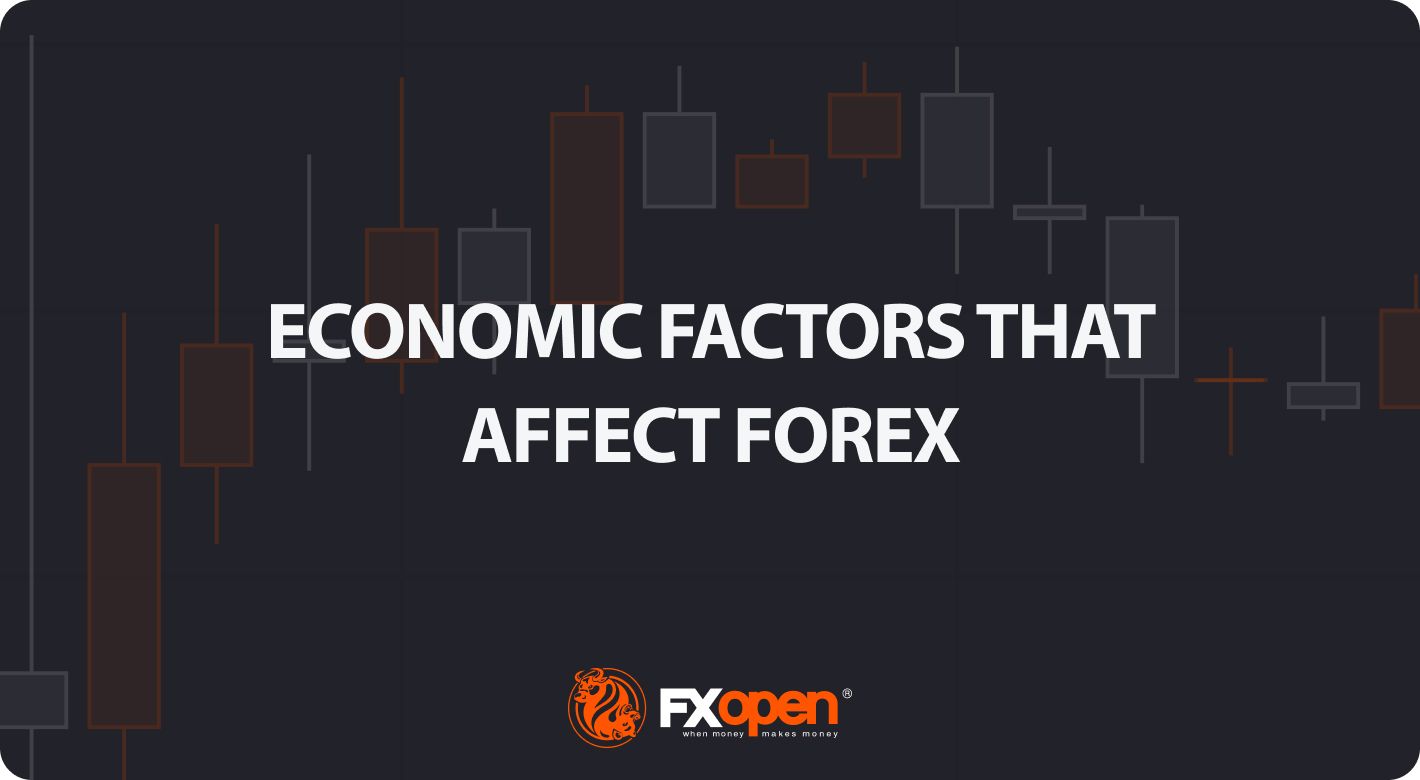Introduction:

Image: fxopen.com
In today’s globalized economy, the foreign exchange (forex) market stands as a colossal tapestry of interconnected forces, where currencies weave an intricate dance. Understanding the factors that influence these currency fluctuations is not only crucial for traders but also for anyone with a stake in international business or investments. This article delves into the intricate web of socioeconomic, political, and psychological factors that shape the forex market’s ever-changing landscape.
Economic Indicators:
The forex market’s heartbeat lies in economic indicators, reflecting the health and stability of nations. Gross Domestic Product (GDP), inflation, unemployment rates, and current account balances paint a vivid portrait of an economy’s overall performance. Strong economic growth, low inflation, and robust job markets tend to strengthen a country’s currency, while weak economic indicators can lead to a decline in value.
Central Bank Policies:
Central banks, the guardians of a nation’s monetary system, wield immense influence over foreign exchange rates. Their decisions regarding interest rate adjustments, quantitative easing, and market interventions impact currency valuations. An interest rate hike, for instance, tends to attract foreign capital and increase demand for the currency, resulting in currency appreciation.
Political Stability:
The political landscape is a potent force in currency markets. Elections, regime changes, and international alliances can trigger substantial fluctuations in exchange rates. Political instability, such as coups or wars, often leads to heightened uncertainty and diminishes investors’ confidence in a nation’s currency. Conversely, political stability and favorable policies can bolster the currency’s value.
Geopolitical Events:
Global events that transcend national borders hold the power to reshape the forex market landscape. International conflicts, trade wars, and diplomatic spats can create shockwaves across currencies, causing abrupt changes in their relative values. Investors and traders monitor such events closely to anticipate their potential impact on currency fluctuations.
Speculation and Market Sentiment:
The forex market, fueled by human intuition and expectations, is deeply influenced by speculation and market sentiment. Speculators, armed with an arsenal of financial instruments, can create temporary imbalances in currency supply and demand, influencing exchange rates. Positive market sentiment, fueled by optimism and expectations of future growth, tends to attract capital inflows and currency appreciation, while negative sentiment can lead to capital outflows and currency depreciation.
Technical Analysis:
Technical analysts weave intricate patterns from historical price charts, seeking to identify trends and predict future price movements. They analyze patterns, such as support and resistance levels, moving averages, and candlestick formations, to guide their trading strategies. While technical analysis cannot delve into the fundamental factors driving exchange rates, it offers traders a valuable tool for identifying potential trading opportunities.
Other Factors:
Beyond the aforementioned factors, a multitude of others also play a role in shaping foreign exchange rates. These include natural disasters, technological advancements, trade imbalances, and even cultural preferences. The interconnected nature of the global economy means that events in one region can have cascading effects on currencies worldwide.
Conclusion:
Navigating the dynamic tapestry of the forex market demands a keen understanding of the intricate interplay of economic, political, psychological, and technical forces that govern it. By embracing this knowledge, investors, traders, and businesses alike can make informed decisions, mitigate risks, and effectively harness the opportunities that the vast and ever-evolving forex market presents. Whether seeking financial gains or simply understanding global economic dynamics, a thorough grasp of these factors is indispensable in the world of international finance.

Image: blog.quantinsti.com
Factors That Affect Forex Market






